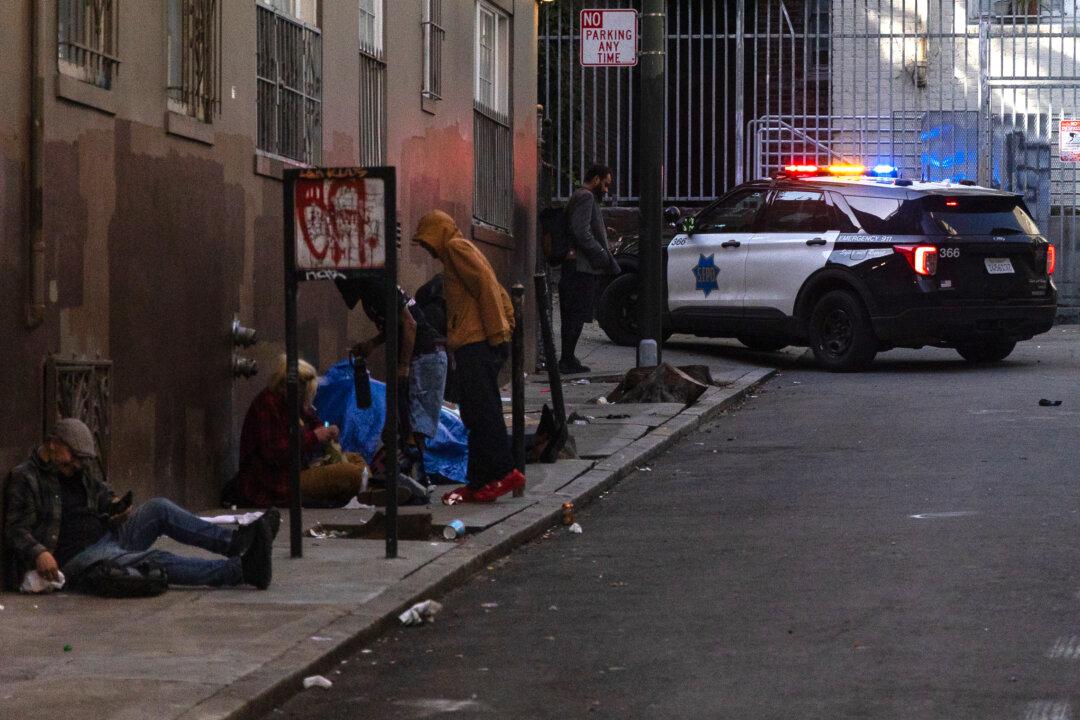Commentary
On the general election ballot in 2014, California voters were given the opportunity to vote for Proposition 47, the so-called Safe Neighborhoods and Schools Act.

On the general election ballot in 2014, California voters were given the opportunity to vote for Proposition 47, the so-called Safe Neighborhoods and Schools Act.